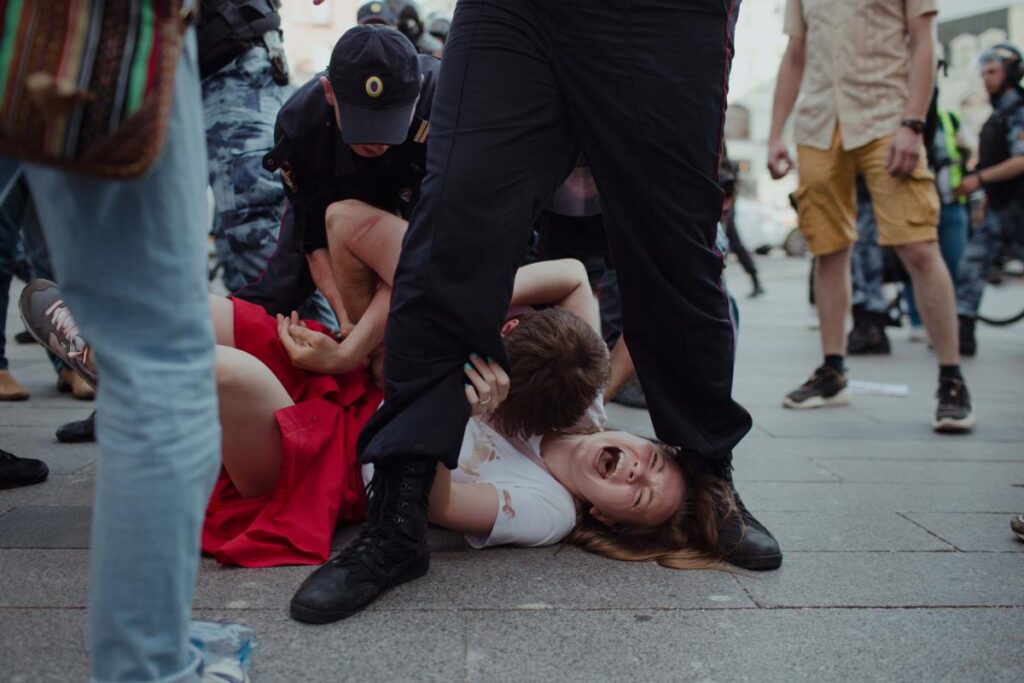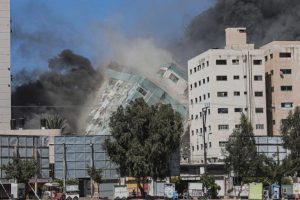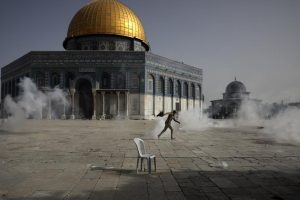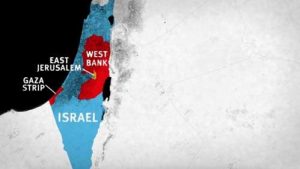Police Detain 1,373 in Moscow, Use Excessive Force
Police used brutal force at the July 27 peaceful protest over the exclusion of opposition candidates from upcoming Moscow city assembly elections.© 2019 Denis Sinyakov(Berlin) – Moscow police set an ominous record on July 27, 2019, by arbitrarily detaining at least 1,373 people, including about 25 children, during peaceful protests, Human Rights Watch said today. The police used excessive force at the demonstrations over the exclusion of opposition candidates from upcoming city assembly elections to break up peaceful protesters and to detain them.
The protest was the latest in a series of peaceful demonstrations in Russia’s capital over the last two weeks since the Moscow district election commission refused to include viable opposition candidates on the ballot for the September 8 vote. Despite the authorities’ refusal to authorize the rally, protesters were set to gather by City Hall on Tverskaya Street at 2 p.m. The Interior Ministry estimated the number of protesters at 3,500. Independent media assessed the number as at least 5,000.
“The government’s strong-arm response is a warning to Russians that people who take to the streets, no matter how peacefully, to demand free and fair elections will face dire consequences,” said Hugh Williamson, Europe and Central Asia director at Human Rights Watch. “Facing legitimate, peaceful public protest, the authorities use repression to face down dissent and assert control.”
Special police task forces blocked the area and some of the side streets, effectively turning the city centre into a large special operations zone. They divided the crowd, forced people into side streets, and detained participants along with random passers-by.
In numerous incidents, police used excessive force, throwing people to the ground, dragging them on the asphalt, twisting their arms behind the back, and using batons. Several dozen people, including at least six journalists, sustained injuries, such as bruising, abrasions, a fractured leg, and a concussion.
A Human Rights Watch staff member who observed the scene saw police officers violently dragging people who had bloodied faces or abrasions. She also saw them swinging batons at detainees who did not put up any resistance.
The head of the election rights commission of the Russian President’s Human Rights Council, Ilya Shablinsky, described the treatment of protesters by the authorities as “demonstrative cruelty” motivated by apparent “desire to frighten and punish.” He emphasized that the government’s response “had nothing to do with protecting public safety or the safety of official agencies.”
Alexander Verkhovsky, head of the independent research group SOVA, monitored the protest along with several other members of the presidential Human Rights Council. He told Human Rights Watch that he saw police on various streets of the city centre “constantly ordering people not to interfere with the pedestrian flow when they [the police] had in fact totally blocked the pedestrian flow… not letting people pass on Tverskaya and neighbouring streets, though these were just people doing nothing but walking.”
He said that some of the detentions he observed were “brutal,” people “thrown to the ground” and with police twisting their arms or wrists in an apparently painful way, “despite the fact that not only were they not putting up any resistance but they couldn’t possibly resist, being dragged by three-to-four riot police officers twice their size.” He also noted that many of those detained did not hold posters or shout slogans. Some did not appear to be involved in the protest.
One person who was arbitrarily detained told Human Rights Watch:
I was out with my friends at Trubnaya Square [central Moscow] on Saturday night. We did not know the protest would move there… but suddenly a large crowd of young people arrived, and then dozens of officers with batons [showed up]… and began brutally tackling people, swinging batons, dragging them on the ground and into the paddy wagons. I was also dragged into one, and my arm is still bruised.
Verkhovsky, who arrived at Tverskaya at 1:45 p.m. and monitored the protest until 9:15 p.m. told Human Rights Watch he did not see any protesters engaging in acts of violence against police. The Human Rights Watch staff member, who was on the ground for several hours in the afternoon, also did not see any violence by protesters.
A federal broadcaster reported that the authorities have opened a criminal case against one protester who allegedly “threw a dumpster at a riot police officer.” A preliminary inquiry into the allegedly violent behaviour of another protester is ongoing. Under Russian law, “violence against an official representative of the authorities” is punishable by up to 10 years in prison.
Those detained at the protest were taken to 70 police stations across Moscow and charged with violating the regulations on mass gathering, including through supposedly blocking traffic and interfering with pedestrian movement. A few were released without charge. According to the Interior Ministry, 1,074 persons in total were charged for participation in the unsanctioned rally. 265 people spent from one to two nights in police custody. Many of them said that they were held in poor conditions, including a lack of fresh air, a lack of drinking water, and inadequate sanitation facilities.
Police officers tasked with dispersing a peaceful protest over the exclusion of opposition candidates from upcoming city assembly elections, in central Moscow on July 27, 2019.
© 2019 Denis SinyakovAdministrative court hearings, which are expected to stretch over the two weeks, began on July 28, with people being fined or sentenced to short-term arrest following perfunctory and rushed proceedings.
On July 24, the authorities opened a criminal case into alleged “meddling in the implementation of citizens’ election rights and the work of election commissions,” and searched the homes of and/or interrogated several of the unregistered candidates and their active supporters. Russia’s chief investigation agency stated that the alleged meddling, punishable by up to five years in prison, involved organizing unsanctioned rallies in Moscow and pickets of the Moscow election commission’s office.
On the same day, the police rounded up the prominent opposition politician Alexei Navalny and four other political activists. They were sentenced to between 8 and 30 days’ arrest on charges of calling for unsanctioned rallies in support of the unregistered candidates. On July 28, Navalny suddenly developed a skin rash, itching, and facial swelling at the holding facility in Moscow where he is serving his 30 days. He was hospitalized but discharged with a diagnosis of dermatitis and returned to jail the next day against the advice of his personal physician, who voiced concern that the hives and swelling may have been brought on by poisoning.
The signature verification process for candidates seeking to run for the Moscow legislative assembly election was flawed and nontransparent, which prompted the Presidential Human Rights Council to recommend that local commissions register all candidates who gathered enough signatures.
“The authorities should have enabled all candidates with a sufficient number of signatures to participate in the upcoming vote, but instead made a show of force against those who dared to assert their right to free and fair elections,” Williamson said. “The government should drop charges against peaceful protesters, stop its repression against the opposition candidates and their supporters, and ensure that the city assembly election is free and fair.” – Human Rights Watch




